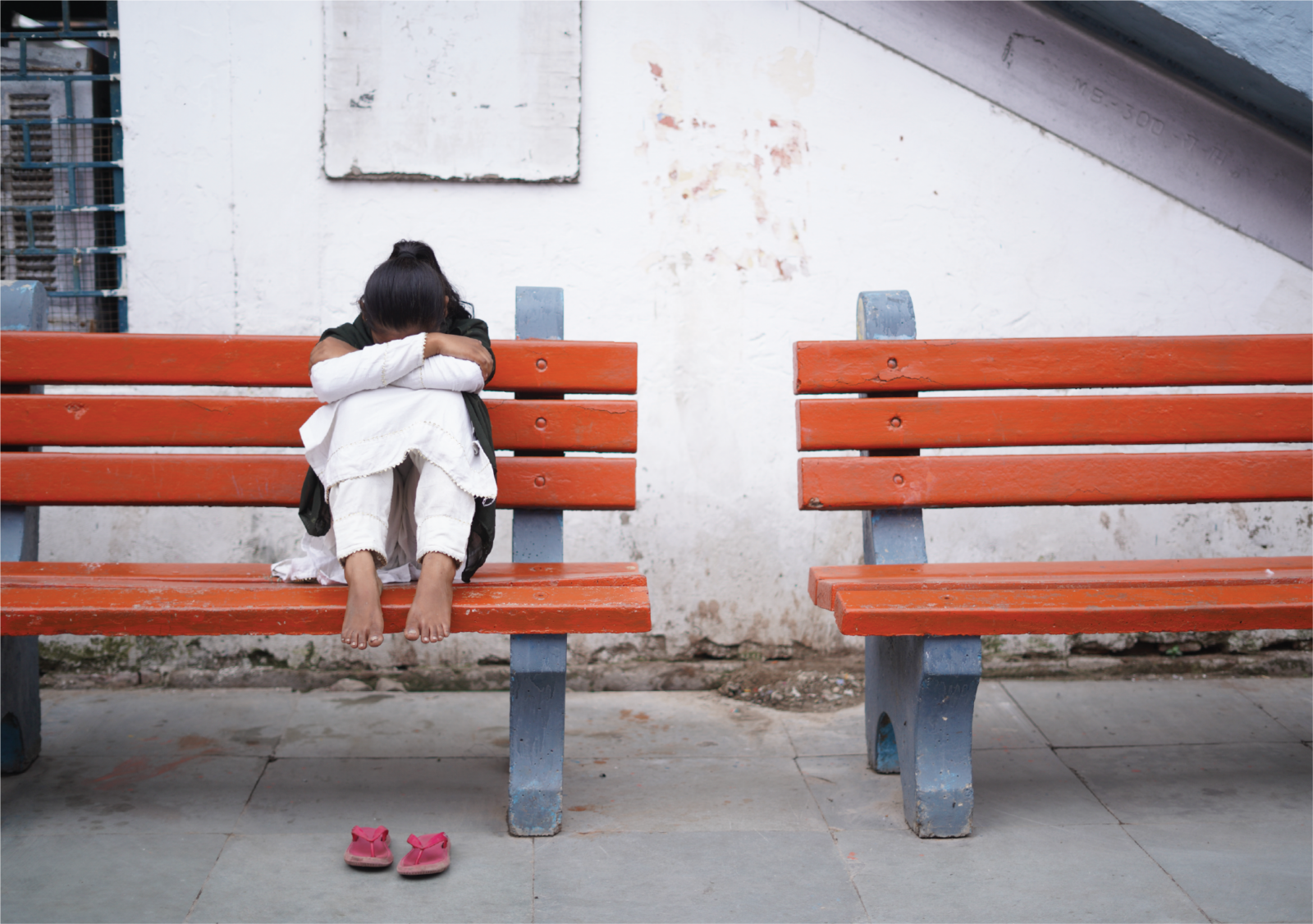Strong communities serve as natural safety nets for vulnerable children. Once the community accepts and embraces child abuse and exploitation as an intolerable crime, every single child inhabiting the community benefits from this widespread awareness. With this goal in mind, Railway Children India has and continues to work towards strengthening community responses to child safety in myriad ways. Elaborated below are 5 ways by which we have worked in close collaboration with communities in and around transport hubs. Read on to learn more about our pivotal approach where communities steer the wheels of child safeguarding.
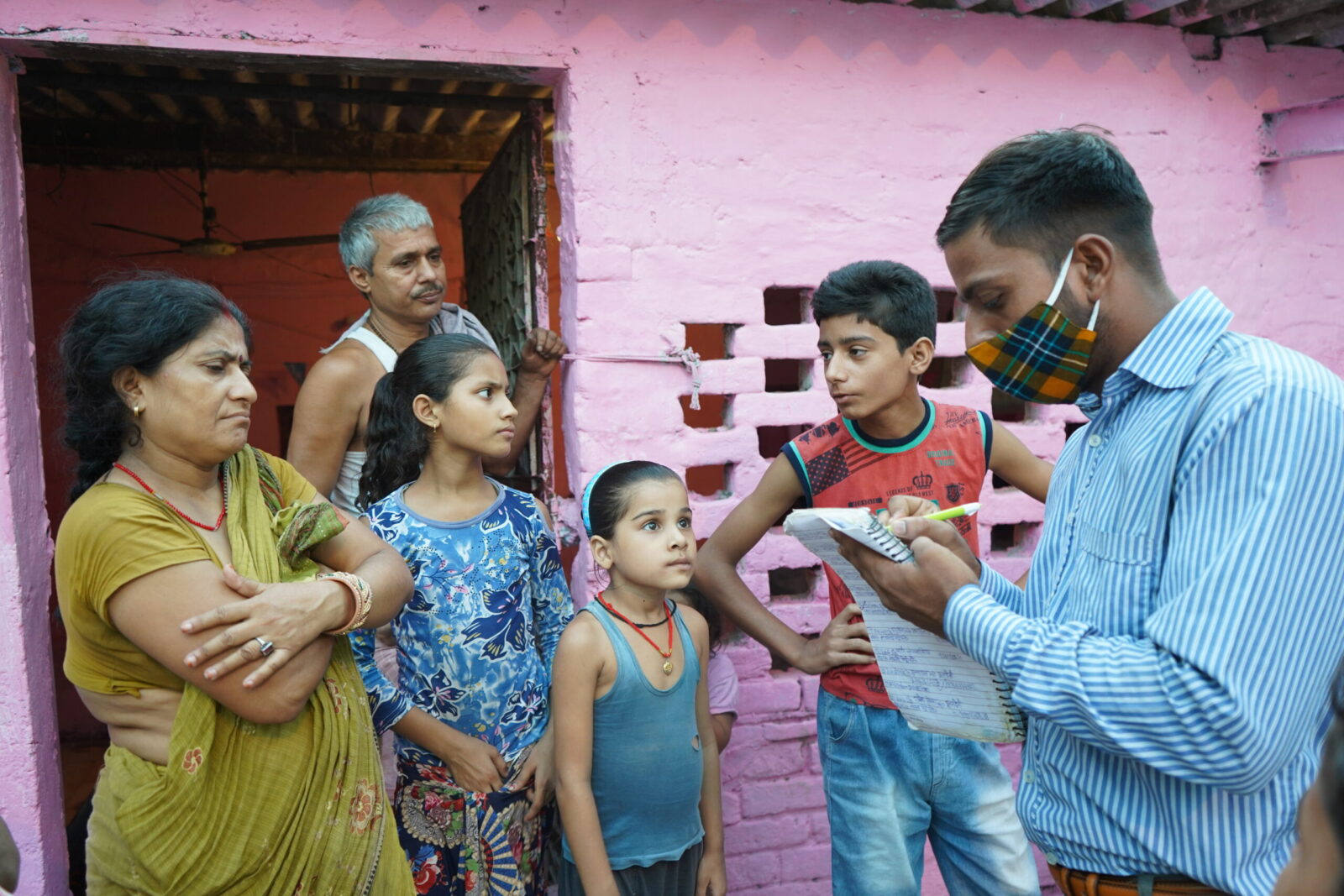
1. Working with Parents to Strengthen Families
When families inhabit under-resourced slum communities around transport hubs, the focus of breadwinners is to bring food to the table or to employ as many members of the family as they can to keep up with the growing needs. Whilst engaged in these primal activities, parents lose focus on securing education for their children—this is where RCI’s outreach volunteers step in. Going door-to-door, volunteers enquire with families if they are facing any concerns regarding the health, well-being and education of their children. The common complaints or concerns raised range from unavailability of Aadhar cards to misinformation about school admissions.
No matter the concern, a counselling session with RCI’s on-field counsellor, assurance and willingness have proven fail-proof in untangling the knots and smoothening the creases for perturbed families and children alike.
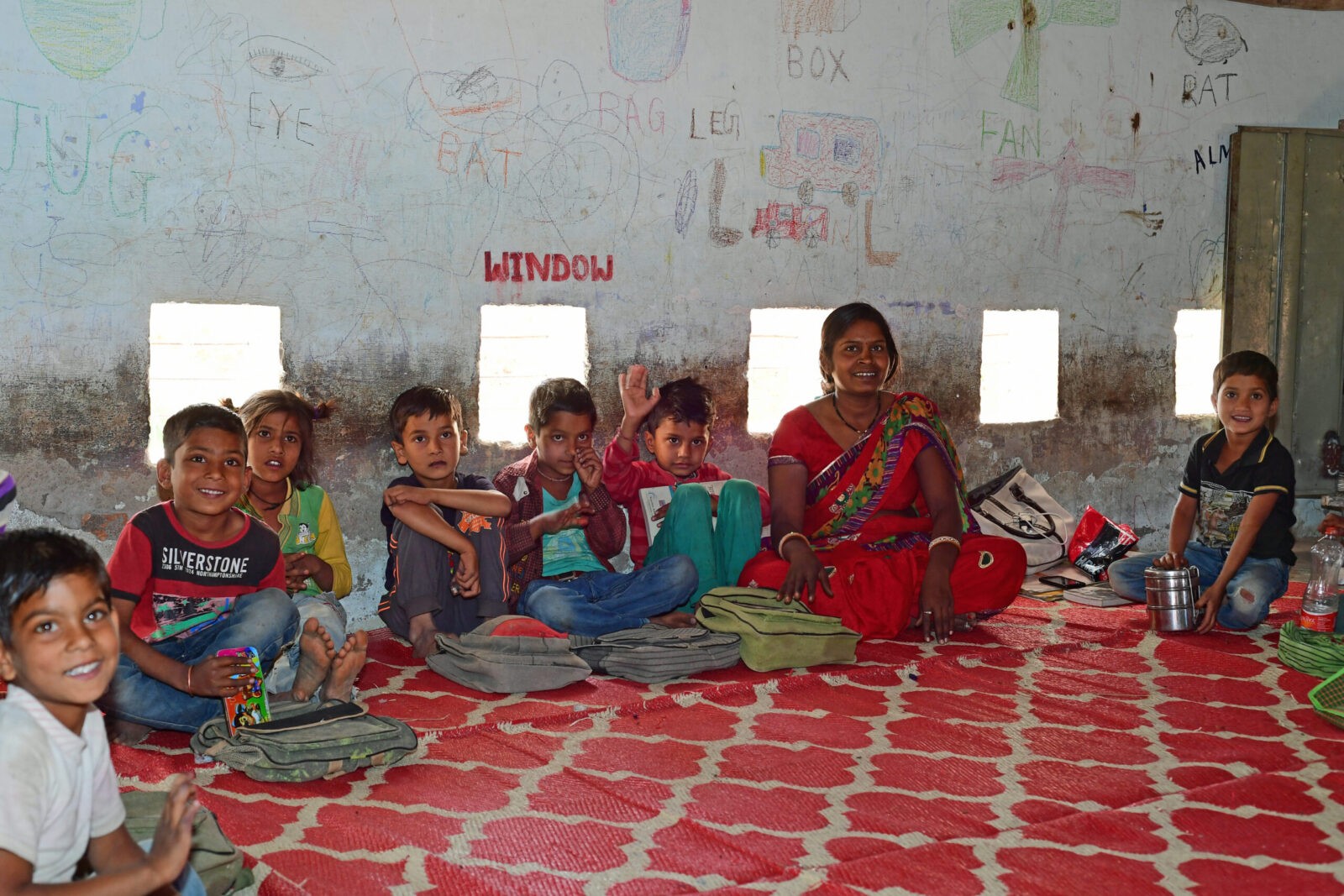
2. Running Child Activity Centres for Skill Building and Vocational Training
In underprivileged communities, it is a common visual to see children in their pre-teens and teens being out of school, either engaged in menial jobs or shouldering household chores (more common in girls). Even for children enrolled in schools, learning and development is slower than what is expected of children their age. With these issues in mind, RCI has established Child Activity Centres (CACs) in various districts and regions across India. Serving as a safe haven for both children and adults of the community, the CAC becomes a one-stop destination for members to gain awareness and guidance about various issues.
While children across ages come in groups to participate in skill development and learning activities, parents come to the CAC for monthly meetings where a wealth of information is shared regarding social welfare schemes and how to avail their life-changing benefits. Vocational training is a common feature for both children and adults, as outreach volunteers use all available resources to connect those in need with training organizations—stitching, nursing, automobile mechanic being some examples of vocational courses.
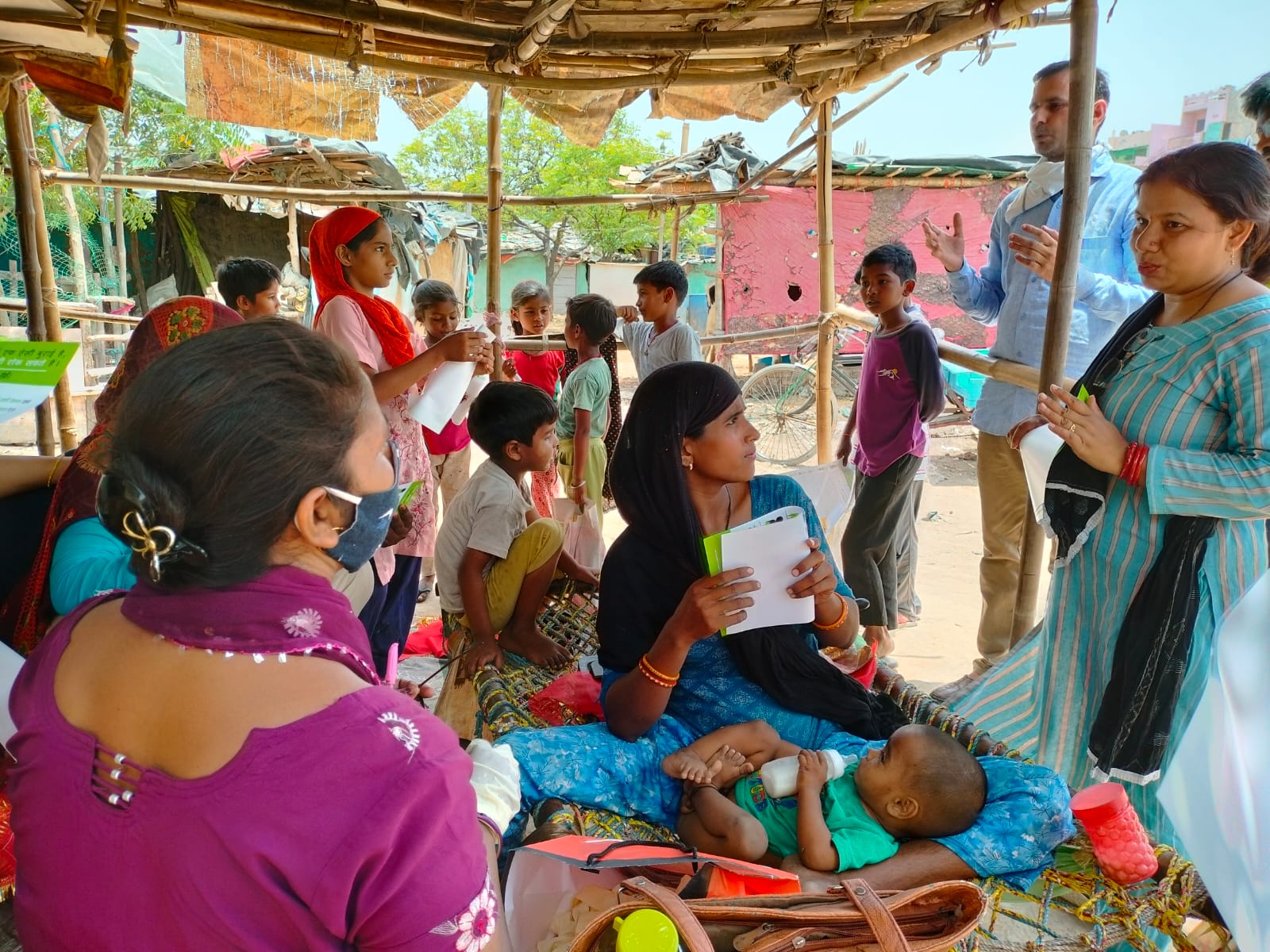
3. Engaging Community Members on Children’s Issues
It requires reiterating that communities lack a plethora of essentials. Right from potable water to reliable electricity connection, communities face a void of several things. The core void observed in communities, though, is that of awareness. Why is education important for a child? Why is a vaccine important? Why is it important to have a government-issued identity proof? Why is basic hygienic important?
These and many more such questions are found aplenty among members of the community. CACs serves as a place where answers to all these questions can be sought from trusted members of the society. Apart from the CAC, outreach volunteers conduct a host of activities and programs on field, i.e., within the community as well. On a noteworthy occasion, such as the World Day against Child Labour, for instance, RCI’s volunteers conduct awareness drives. Medical camps and self-help groups are some other ways by which RCI engages with the community, attempting to resolve some of their most primal and pressing issues.
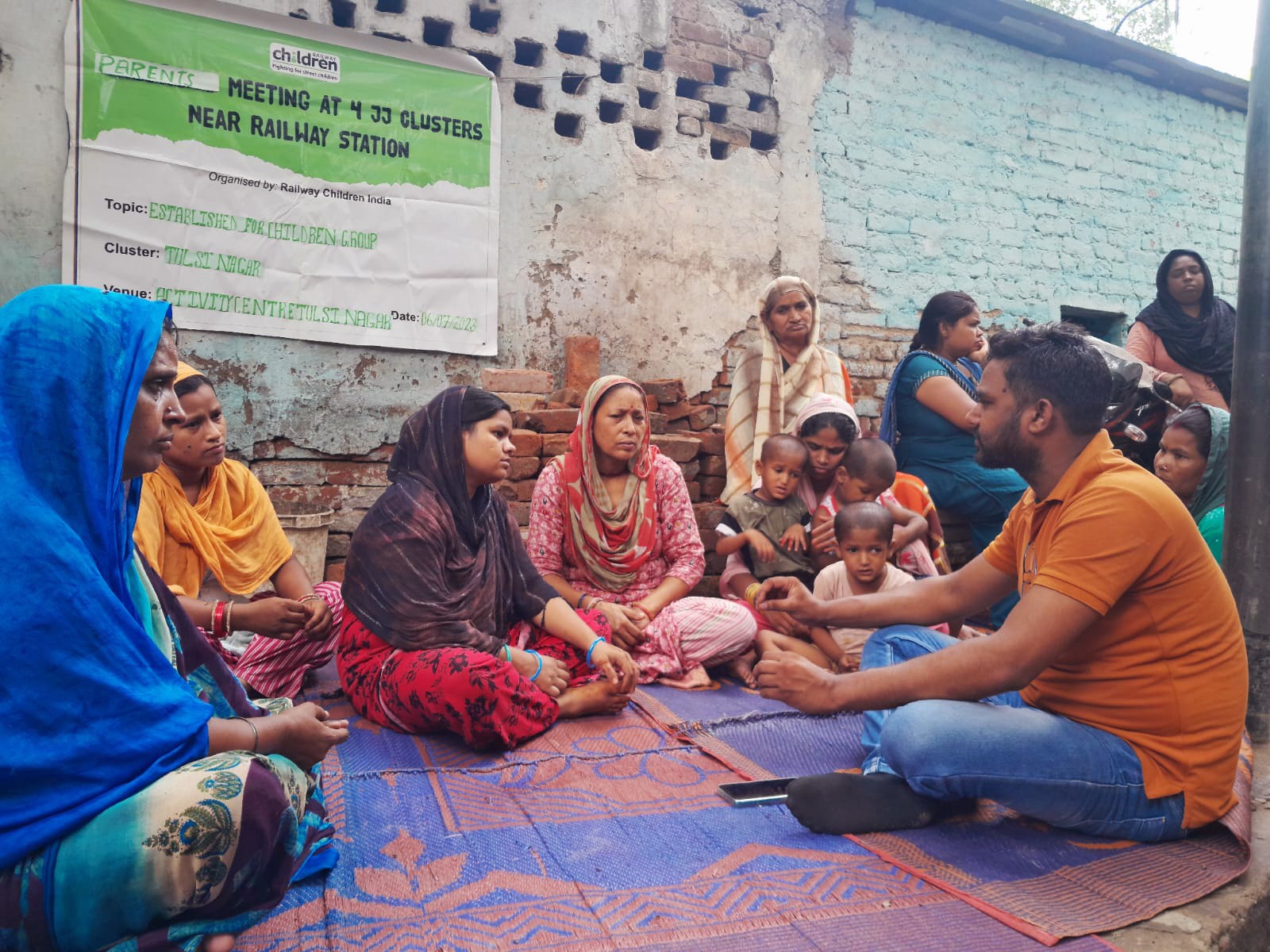
4. Spreading Awareness with Child Protection Committees
Child protection lies at the heart of these extensive outreach measures. To achieve this goal, RCI is not only by strengthening the community but also by spreading awareness among passengers and stakeholders so they recognize at-risk children promptly. In the communities, child protection committees address issues with active, routine awareness campaigns.
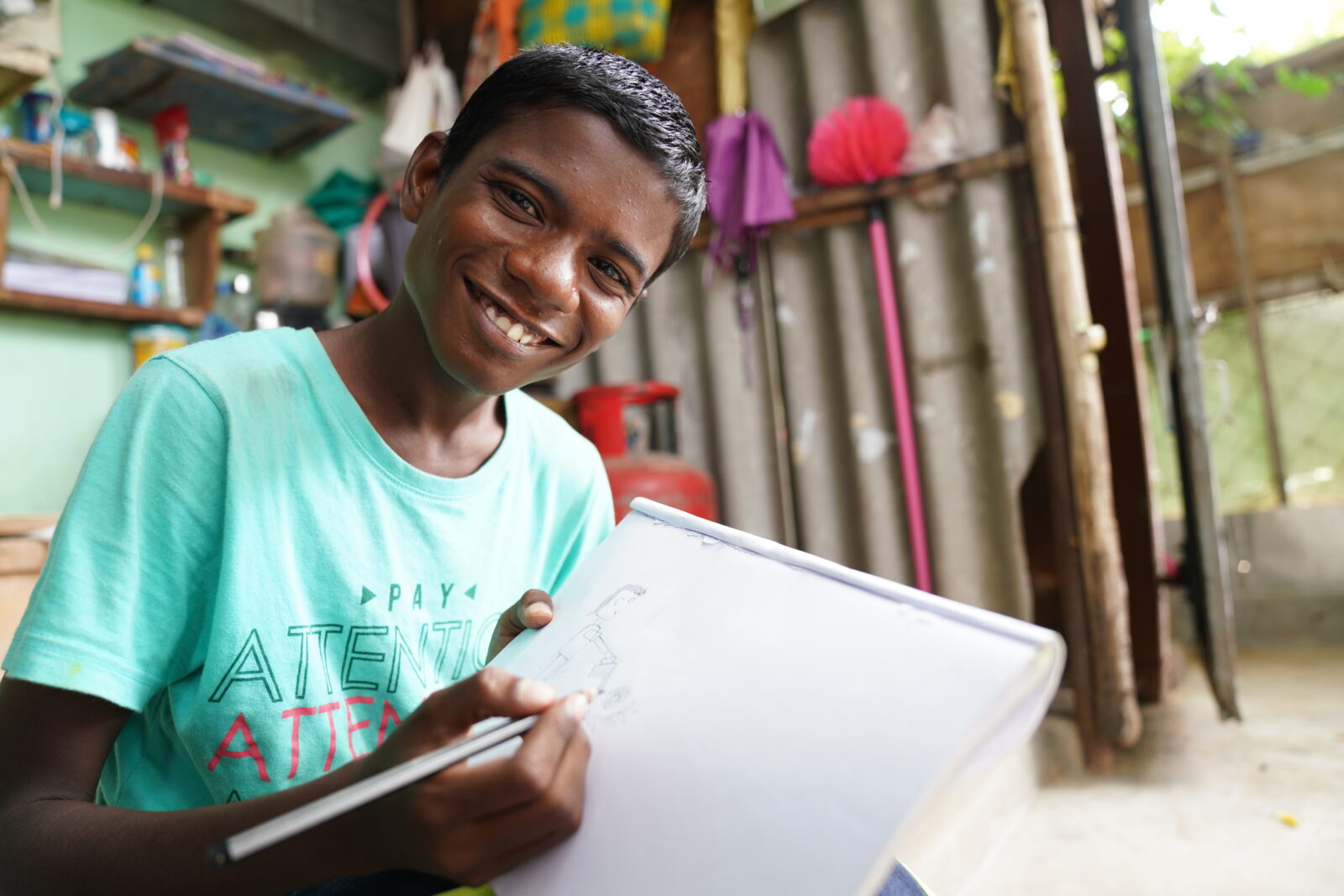
5. Encouraging School Enrolment
Emphasis on education has been the overarching focus of RCI’s work in communities. The foremost barrier to children receiving formal education is that they are out of schools to begin with! Owing to multiple reasons, children are either not enrolled in schools or are forced to drop out of schools early. In our constant endeavour of listening to children and hearing their most needs, it has increasingly come to the fore that all children want is to be in happy homes and pursue their education like all other children. Resolving issues in their families forms one part of our outreach efforts, but pushing for children’s enrolment in schools, with help in securing documents, connecting family social welfare schemes, and helping children learn vocational skills has been the foremost goal from the beginning.





